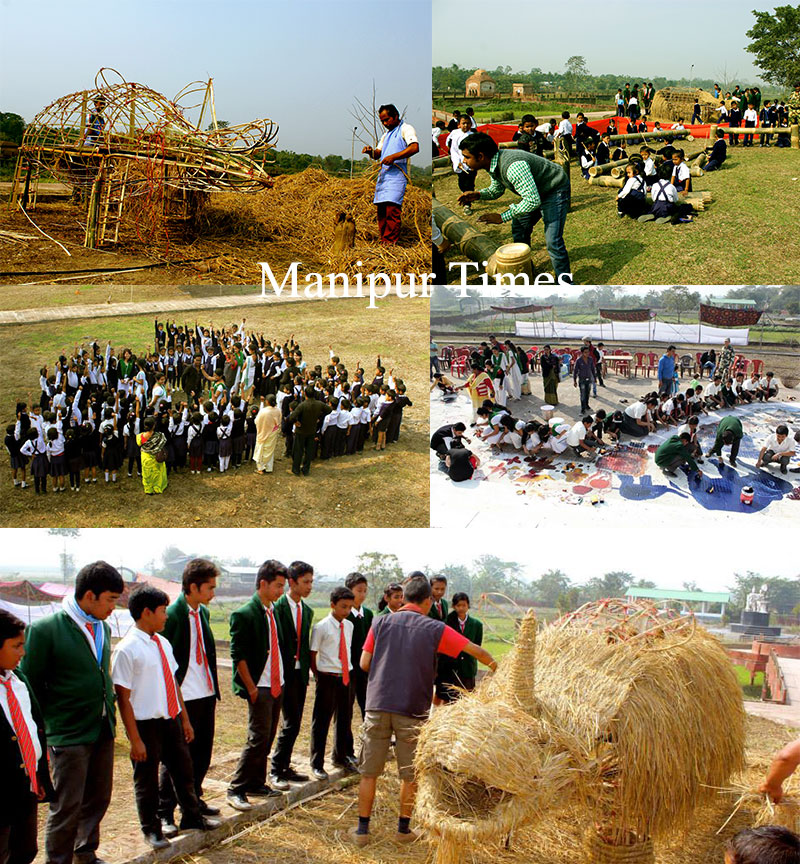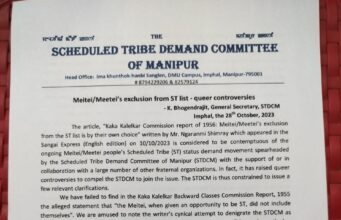 Traffic Art Sibsagar a brainchild of artist Harsha Rajkonwar is conceptualized within a broader vision of realizing participatory forms of expressions as effective tools for achieving a community’s shared aspirations. There is an increasing global consensus regarding the stakes participatory forms have in shaping sustainable paths of development that are sensitive to ecological as well as cultural contexts. At the psychological level, this will mean nurturing team-building spirit by enhancing openness to experiences and spontaneity in decision-making abilities.
Traffic Art Sibsagar a brainchild of artist Harsha Rajkonwar is conceptualized within a broader vision of realizing participatory forms of expressions as effective tools for achieving a community’s shared aspirations. There is an increasing global consensus regarding the stakes participatory forms have in shaping sustainable paths of development that are sensitive to ecological as well as cultural contexts. At the psychological level, this will mean nurturing team-building spirit by enhancing openness to experiences and spontaneity in decision-making abilities.
With these interweaving threads of ideas, Traffic Art Project (henceforth TAP) was crystallized as a five daylong event in the historic town of Sibsagar, Assam during 27th January to 31st January 2014. The underlying objective of TAP was to carve out a space for exploring the processes and underlying conflicts and strengths associated with collaborative efforts using arts and music as the medium of expression.
Arts and cultural expressions are quintessential gateways to harness our life-preserving instincts and are crucial ingredients for holistic development of the self. Moreover, arts and cultural expressions reflect a community’s shared worldviews. Learning to appreciate community’s art and cultural expressions is therefore crucial to one’s appreciation of a pluralistic world and in nourishing mutual respect and harmony between people and communities, which is the basic building block for all sustainable relationships.
Additionally, participatory art-making experiences can have a profound impact in building social networks, encouraging new leaders, increase the quality of community life, and engage citizens in new and profound ways.
In more concrete terms, the event set out to achieve the following goals:
1. Encourage participatory forms of artistic expressions over individual skills.
2. Explore participatory forms as effective context for learning to appreciate individual differences and in promoting a space for dialogue.
3. A general appreciation for ecologically as well as culturally derived artistic forms.
4. Explore the possibilities for peaceful dissolution of artificially created tensions between global and local forms of artistic expressions.











